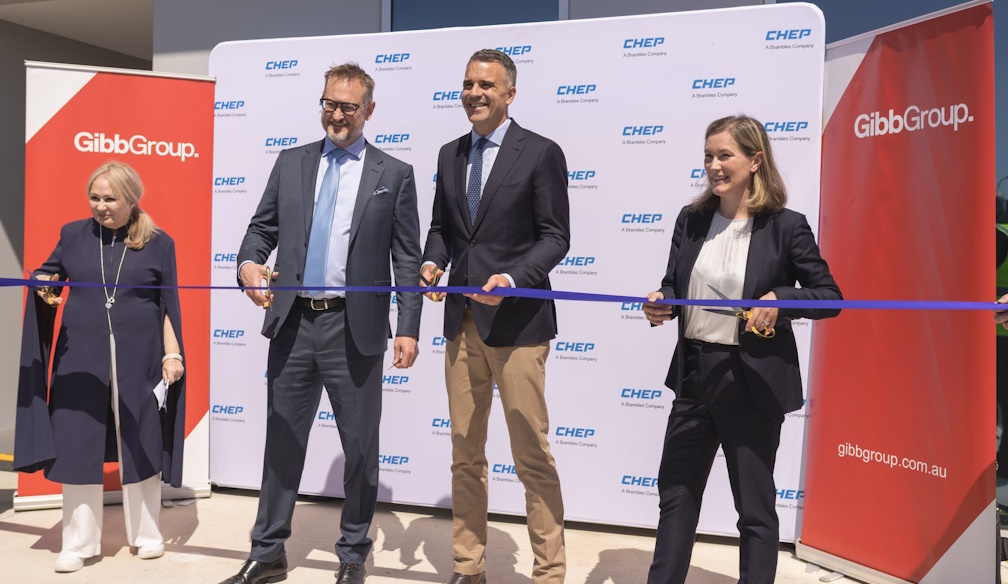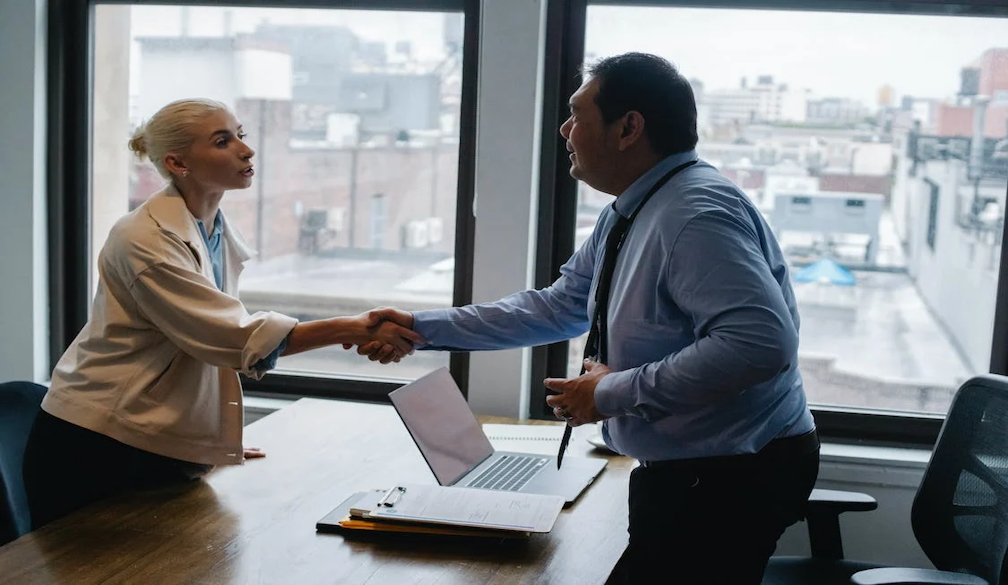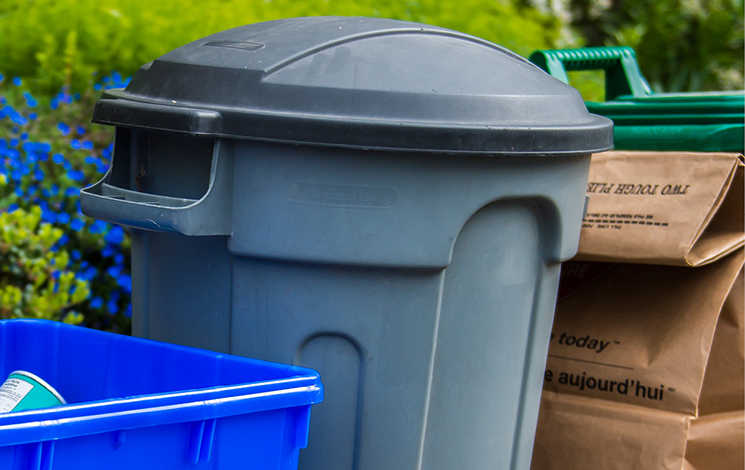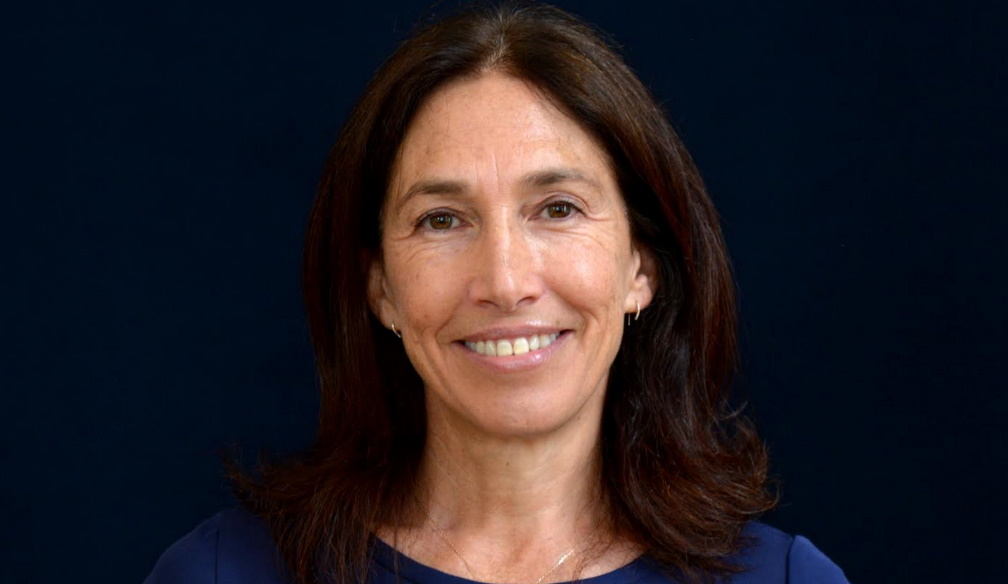Prime Minister Scott Morrison's interview with Chris Smith, 2GB
- Written by Scott Morrison

CHRIS SMITH: The Prime Minister, Scott Morrison, is on the line right now, PM, thank you very much for your time.
PRIME MINISTER: No worries, Chris, good to talk to you.
SMITH: I was so, I guess, encouraged. I was so delighted to see your presentation yesterday afternoon, late. It was important that you did so, although you needed a mining light to read what what you were trying to read.
PRIME MINISTER: Yes, I did actually, it was a bit dark down here in Canberra.
SMITH: But to have, I can't tell you how much of a relief it is to have a real specific goal out. And I think 70 per cent is not too much to ask, is it?
PRIME MINISTER: No. And absolutely achievable. And then onto the 80 per cent mark as well. And the UK has now just achieved 70 per cent. They've got over 70 per cent now of their eligible population. And Israel has, they're the only two countries in the world who have, by the way. But, and we're seeing Canada, I think, rapidly approach that. But once you get your programme really moving, which ours is now we had, you know, over 200,000 doses yesterday, we're more than a million every week, in fact, over six days, it is cranking up. I'm so pleased that AstraZeneca, that vaccine, you know, it was talked down for a long time and it's making a big comeback as it needs to, particularly across greater Sydney. I'm very pleased that the the medical advice is supported, what I was saying over well over a month ago, saying we need this vaccine to get this job done. So it is very achievable. But what I would say is this, Chris, we didn't sort of pluck this figure out of the air. I knew we needed one. Of course we needed the target, but it needed to be one that actually was based on science and economics, things that so we knew if we could get to that mark, we could have a confidence that you wouldn't then have to go back, like we've seen so many other countries do. They announced this Freedom Day and then they can't, they have to delay it and all the rest of it. The day where we move forward is the day where we hit those targets. The calendar won't determine it, the vaccination rate will determine it.
SMITH: I know what you're saying and you've been reluctant even in that presentation yesterday to put a timeline on this. I get it. I understand it. But, boy, wouldn't it be nice to get there by Christmas Day?
PRIME MINISTER: Well, look, I believe that's entirely possible. There'll be enough vaccines. There'll be enough pharmacies, enough GPs, enough clinics, enough of all of that to achieve that. So it's all up to all of us now.
SMITH: Yeah.
PRIME MINISTER: And we can all do this together. I get it that people have been frustrated and I’ve, you know, expressed, you know, my apologies on that a week or so ago. But we've got to focus on what we need to do now. I mean, the programme has massively turned the corner, so I take responsibility for that too. Take responsibility for the problems we've had. But I've also taken responsibility for fixing them, which is what I know the public want. They appreciate not every country gets everything right and there are always going to be problems dealing with a global pandemic. But, you know, when there are problems, we fix them. The vaccination programme is significantly turned around. We're really hitting our marks now. Lieutenant General Frewen, who I put into that job back in late May, early June, has really got the programme focused. So, yeah, Chris, I think that can be done. Whether it gets done or not is up to everybody.
SMITH: Tell me. We've seen a spike from Monday and my feeling and I spoke to Dennis Shanahan about this earlier this morning. My feeling is that the death of that 38 year old at RPA on Sunday and then the rally on Saturday has seen this incredible spike amongst those who are under 40 to go out and get the AZ, which is just fantastic. Those numbers, as you said yesterday, during the week have been well, it's been so heartwarming to see. Now, that's the under 40s. I've got a lot of over 40s listening to this radio programme right now who are still hesitant. I'm trying to change the hesitancy as many people are on this radio station. What can you say to them now?
PRIME MINISTER: Four things. First of all, if you get the AstraZeneca vaccine, which is the safe and effective vaccine that has been vaccinating the whole world and saving millions of lives, you're less likely to get it. You're less likely to pass it on to someone, particularly someone who's very vulnerable, like an elderly relative or someone like that. You're less likely to get a serious disease and end up in hospital on a respirator. I was talking to a woman just the other day who had that terrible experience and she just said to me how awful it was and how fearful she was and you're less likely to die. So there's four good reasons. The next thing I'd say is that by getting vaccinated, you're getting a step closer every single day to getting us back to about as normal as you can be when you're living with COVID-19. So people can go and visit their aged care- the relatives in aged care, that we can get back to stadiums, that we can get back to live entertainment and all of these sorts of things, that people can travel overseas and return, that we can get more of our people who are overseas. And we've had to reduce the number of people who can come into the country at the moment because of the Delta variant. It is a big national programme. It's great for you personally, your own personal health, but the sooner we do this, the sooner we're able to get into that phase of life where we all want to get to. So everybody wins from you getting vaccinated. But you most important of all.
SMITH: I fear that we're going to have trouble getting to 80 per cent because it's a different Australia you and I live in. There was a time when you and I would get our smallpox shot, typhoid, cholera, without warning. We'd have our passport or whatever it was on a card. And we show it at the boarding gate and we go to other parts of the world and see the world. In the 60s and 70s, we trusted the system. We trusted our medical scientists. There's this tinfoil hat, flat earth brigade out there, they were there on Saturday, that are just doing endless destruction to that kind of attitude.
PRIME MINISTER: Well, I agree with that. And appreciate, you know, people like yourself not amplifying it. It's important that we address this just with cold, hard facts. And you know what? The virus can't read the placards, doesn't care about what your political views or what your ideological position is. It doesn't care. It still acts. And whether it's on the economics or it's on the medical science, we know that unless you can get to at least 70 per cent, the virus wins, the virus wins and lockdowns are absolutely necessary. And we'll see more of them while we're still in this phase. And when we get to the next phase, they become massively less necessary. Now, this is a terrible image for me to put in your head, Chris, but as a man of a similar age, you'll appreciate it. If I were to walk out here in Canberra this morning wearing nothing but my board shorts, I would freeze. But if I go out there with a big coat on, I'll be fine. That's what getting to 70 per cent vaccination is.
SMITH: Yeah.
PRIME MINISTER: And you can go outside and you can do what you need to do. I went and picked up the eggs from the chooks this morning, but you can do that. And at the moment when we're not at that stage, then obviously you're more vulnerable. And so the virus doesn't care what anybody thinks. It just acts as it does. And this Delta strain is far worse. And I think people are getting that now. Yeah, you know, six months ago, New South Wales was able to deal with cases and all of that because they had, they have a very good testing and tracing regime. Delta smashes that. And it means that we have to get vaccinations to this level to ensure that all of those systems work like they used to and better.
I mean, I wish the number was 50. I wish the number was less, but it's not. And I can't tell people that it's a different number. 70, based on the science we know gives us that more than a fighting chance to ensure we stay ahead of it. And then when you get to 80, Chris, I'm more optimistic. I think, as we've seen in other countries, once the vaccination programme has its roll on and we're certainly seeing that now and the supplies increase, I mean, there's a million doses of AZ right now. It can go anywhere in the country. And I've got to say, can I send a big thank you to the GPs and pharmacists? Those GPs in Sydney are leading the country on the highest rates of AstraZeneca vaccination in the country. They are doing the massive heavy lifting. They're talking to their patients. They're talking them through. I got a text message from a good mate the other day who said, look, I'm worried about getting this because I don't like needles. That was his hesitation. Everyone's got their own hesitation. But he says, but I want to go and do it because I want to show my team the people I lead, that this is important. I said, well, mate go and talk to your GP. He or she will have some strategies for you to be able to deal with that. And we made the Medicare item number available so people can do just that. If you are concerned, don't talk to Doctor Google, go talk to your doctor. Don't talk to someone who's going to tell you you're going to turn into a magnet or, you know, don't go on Facebook to listen to people who don't know what they're talking about. Go and talk to your doctor.
SMITH: Yeah, very true. We can't express that explanation enough. One last one.
PRIME MINISTER: Sure.
SMITH: Greater Brisbane will go into lockdown from 4pm today after six local cases were recorded in Queensland. The eleven LGAs, which already had mask wearing requirements, will be required to lockdown. They reckon this is a three day lockdown. Oh, no, not Queensland. What do you know about these six cases and is it cause for concern?
PRIME MINISTER: Well, it is in Delta, and you know, you saw that in South Australia. Look, you know, I'm not being critical, but we're living that experience in New South Wales. South Australia moved quick. They're out of it. Victoria, moved quick. They're out of it. In New South Wales, we're living with a long lockdown. And in this phase of Delta, as I said last night, in this phase, you've got to move quick. And that means it can be short. Once it gets going, it is very hard to get back in the box, as we're seeing in New South Wales, so, you know, we just got to make this lockdown work in New South Wales, I'm very pleased that the Defence Forces are now going in and we've had that request and they'll greatly assist. I mean, Mick Fuller is a great Commissioner. You know how big of a fan I am of the New South Wales Police. I think they do an amazing job. I love them. But, you know, the ADF can come in and support them and the great work they're doing, you know, we'll get this done in Sydney and it's a lot harder once it gets going. So in this, that's what we mean by this suppression phase. And then you get to the next one when you're at 70 per cent where that wouldn't be necessary for large scale lockdowns like that. When we get into those next phases, the only reason you'd do something like that is if it was in a particularly vulnerable community, like, for example, a remote indigenous community or something like that, where there was a particular need to use that type of a tool. So it goes from being a broad based measure to something that's quite surgical. And if we can get there, Australia, if we can get there, Sydney, and get that at 70 per cent, then we can we can look forward to life being very different, especially to what it is now in Sydney.
SMITH: Hear hear. I hope your optimism about 80 per cent is right. I hope I'm wrong. Have a great weekend. Thank you very much for your time.
PRIME MINISTER: Thanks, Chris. Good on you mate, cheers.








